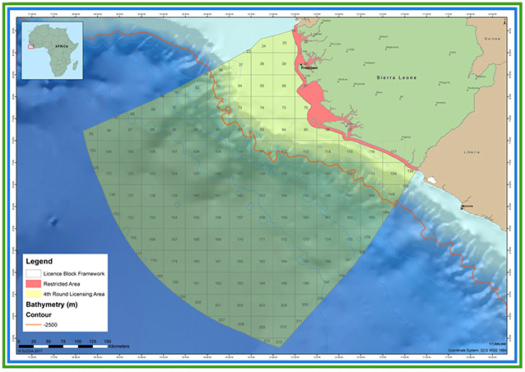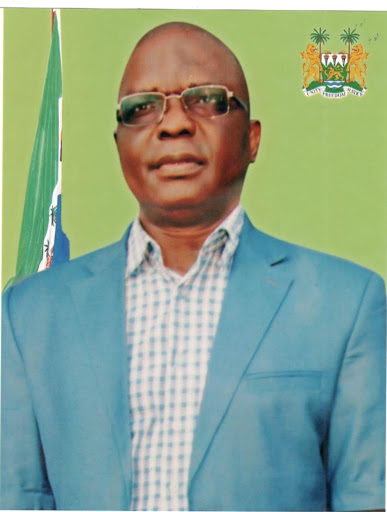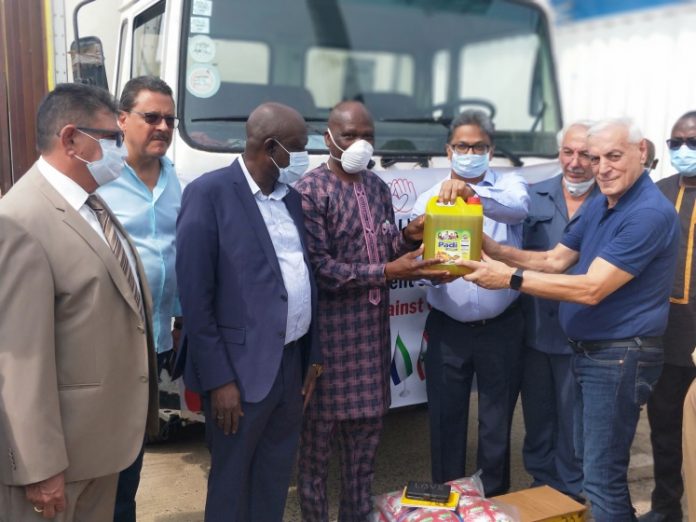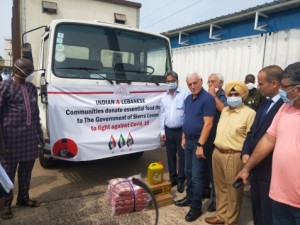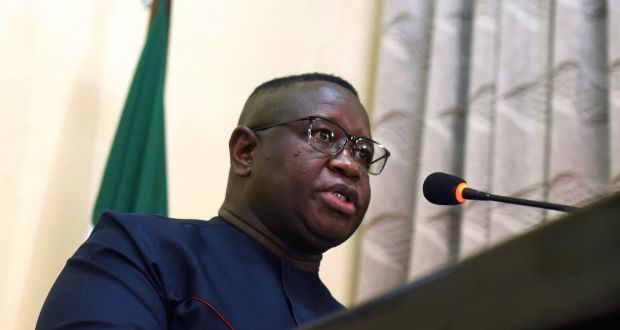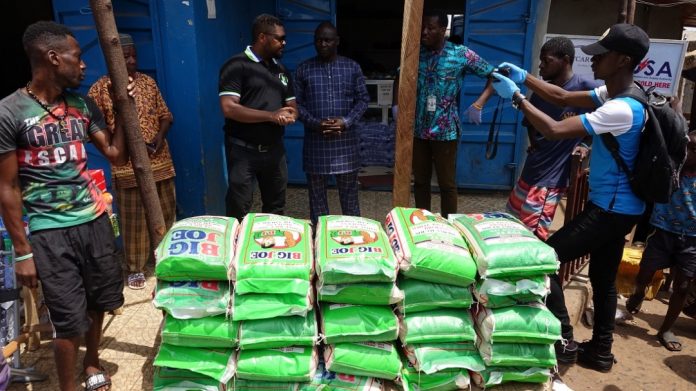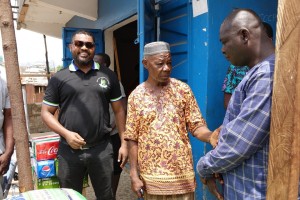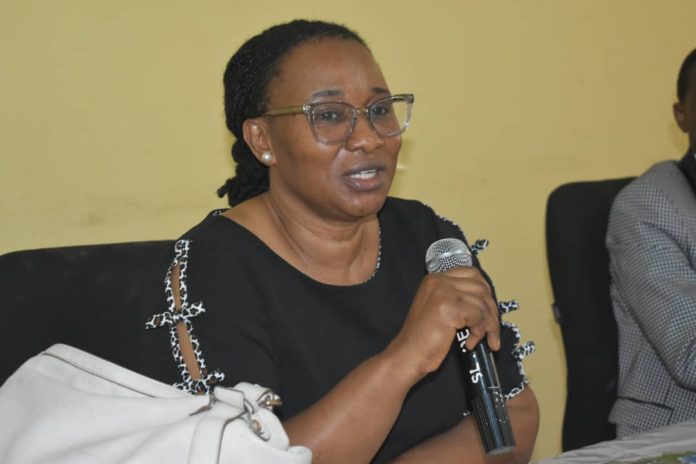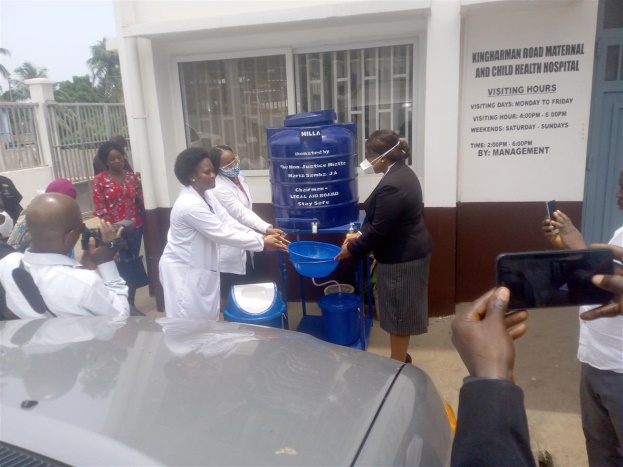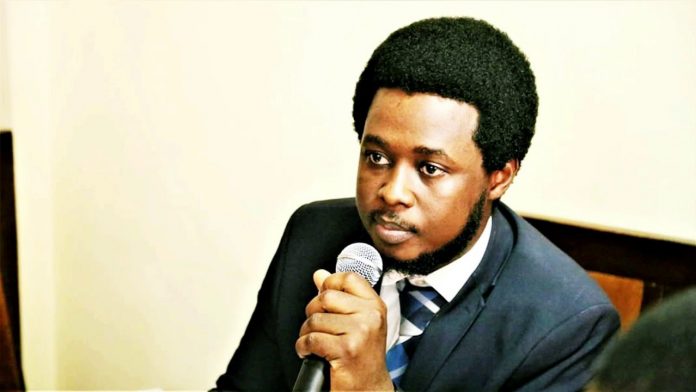Amin Kef Sesay
For decades, Sierra Leone has languished at the bottom of international corruption rankings. Despite detailed anti-corruption legislation that has been on the books since 2000, millions of aid dollars in technical assistance and repeated promises by politicians, corruption has persisted, even flourished.
More recently, however, this has started to change under President Julius Maada Bio. Transparency International ranked Sierra Leone 119th out of 180 countries in its Corruption Perceptions Index last year, up 10 places from 2018. The Millennium Challenge Corporation, an independent U.S. foreign assistance agency, also recorded a jump for Sierra Leone in its annual anti-corruption scorecard, from 0.06 in 2016 to 0.36 in 2019.
It’s not just foreign donors and NGOs; Sierra Leoneans are also reporting improvements in the Government’s fight against corruption. In a survey published by Afrobarometer in 2019, 66 percent of respondents believed the Government was doing a good job tackling corruption—the second-most positive response in Africa. In 2015, only 15 percent of Sierra Leoneans viewed the Government’s efforts favourably.
While far from graft-free, the country’s progress is notable, particularly in light of Sierra Leone’s long history with both petty and grand corruption. Its success is due to a series of policy decisions by Bio’s administration to target the social and political roots of corruption.
For nearly a decade after its creation, Sierra Leone’s Anti-Corruption Commission was little more than a paper tiger. Despite the rhetorical support it received from successive governments, it had a limited mandate and lacked the ability to prosecute those suspected of graft. But in 2008, Sierra Leone’s Parliament passed the Anti-Corruption Act, which contained several important changes that strengthened the commission. First, the law expanded the scope of what constitutes corruption in the country.
Until 2008, Sierra Leone had based its anti-corruption policy on the United Nations Convention Against Corruption, which it joined in in 2004. One former Anti-Corruption Commission official told me that the convention did not cover many of the offenses most prevalent in Sierra Leone. For example, while the U.N.’s convention devotes little attention to political corruption, Sierra Leone’s 2008 legislation included detailed provisions defining abuse of office and the use of bribery to influence public officers. The legislation also identifies misappropriation of donor funds and public contract interference as instances of corruption.
In another major change, the 2008 law granted prosecutorial powers to the Anti-Corruption Commission, which had previously been totally dependent on Government prosecutors to bring cases to court. As part of the law, the commission also gained more independence, taking control over staff appointments and salaries. In 2013, the government gave its fight against corruption a new, public face with its “Pay No Bribe.” campaign. Funded by the British Government, the program set up a reporting platform where individuals could anonymously report bribes, either by calling a toll-free number, utilizing a data-free mobile app or using the Pay No Bribe website.
While these innovations were important in strengthening the Anti-Corruption Commission, they did not immediately bring about tangible benefits for Sierra Leoneans. But since taking office in 2018, Bio and his anti-corruption commissioner, Ben Kaifala, have pushed through legislative and institutional changes that breathed new life into the fight against graft. Like other presidential contenders, Bio campaigned on fighting corruption. But unlike his predecessors, Bio has acted on his promises.
The success of Sierra Leone’s new approach in fighting corruption offers several lessons for other countries, in West Africa and beyond.
He has done so by recognizing the structural obstacles to fighting corruption in Sierra Leone, including a troubling tendency for public officials accused and convicted of corruption to be reinstated in their positions. The country’s overburdened and inefficient judiciary was also unable to process the large caseload brought by the Anti-Corruption Commission. Finally, an entrenched culture of impunity for both petty and grand corruption led many to believe that corruption was just a part of life. Recognizing these challenges, the administration has pursued a multipronged strategy for fighting corruption, beginning with legislative reform.
In 2019, Kaifala introduced a new amendment to the 2008 Anti-Corruption Act that was quickly passed by Parliament. It built on the 2008 reforms in several important ways, including by giving the Anti-Corruption Commission new authority to take preventative steps to fight corruption in procurement contracts. Under the new rules, the commission can intervene in contract negotiations that it believes to be against the public interest. To prevent repeat offenses by public officials, the 2019 amendment also raised the penalty for corruption: Officials who are found criminally liable for corruption face financial penalties and jail time. The minimum sentence for serious corruption has been increased from three to five years. Even without a criminal conviction, if an official is found to be corrupt in a civil court, they are subject to a three-year minimum ban on holding office.
To fast-track corruption cases, the government established a special Anti-Corruption Division within the High Court of Sierra Leone, with specialized procedures, technology and staff. This new division is designed to bring expertise and efficiency to prosecuting corruption. At the same time, the Anti-Corruption Commission is devoting more resources to recovering embezzled state funds. Following a change initiated by Kaifala upon assuming office, it now has the authority to begin the process of recovering stolen assets while cases move through the court system by pursuing both civil and criminal forfeiture.
Since adopting this new approach in 2018, the commission has returned roughly $2 million to public coffers—more than the total of funds recovered during the first 18 years of the commission’s existence. This approach does not substitute for criminal action; rather, it gives the government an avenue to recover much-needed embezzled funds while courts process cases against the accused. Unlike criminal cases, which are brought against the suspected individual, civil forfeiture cases are brought against the assets in question, and are usually settled out of court. Thus, if the commission can prove that the funds in question are tainted, it can force the individual to surrender them even if the state cannot prove that the individual is guilty beyond a reasonable doubt.
Finally, the Anti-Corruption Commission has pursued a vigorous public education campaign to combat perceptions of impunity and inform the public of their options. Across the capital, Freetown, signs now warn against asking for bribes and provide information about forms of recourse.
Sierra Leone has a long way to go in the fight against corruption. Petty corruption, particularly among traffic police, remains rampant. Officials continue to award lucrative contracts to friends and political allies. Still, expectations are changing. The former Anti-Corruption Commission official noted that perceptions of impunity have begun to shift, and that law enforcement officers are less likely to request bribes in the street. Convictions against those who do are increasingly common.
The success of Sierra Leone’s new approach offers several lessons for other countries trying to fight corruption, in West Africa and beyond. First, to be effective, anti-corruption strategies must be tailored to the realities of each country. With regard to recovering stolen assets, the likelihood of being able to track them down diminishes over time. So for states with limited capacity to process corruption cases in a timely manner, a pre-conviction asset recovery approach like Sierra Leone’s may present the best chance of success.
Preventative strategies like those adopted by Sierra Leone last year in the amended Anti-Corruption Act may help to ensure that funds are not lost in the first place. Finally, public outreach can help change the culture surrounding corruption. Awareness that the government is taking meaningful action may contribute to an important shift in perceptions about what constitutes appropriate behavior by public officials.



